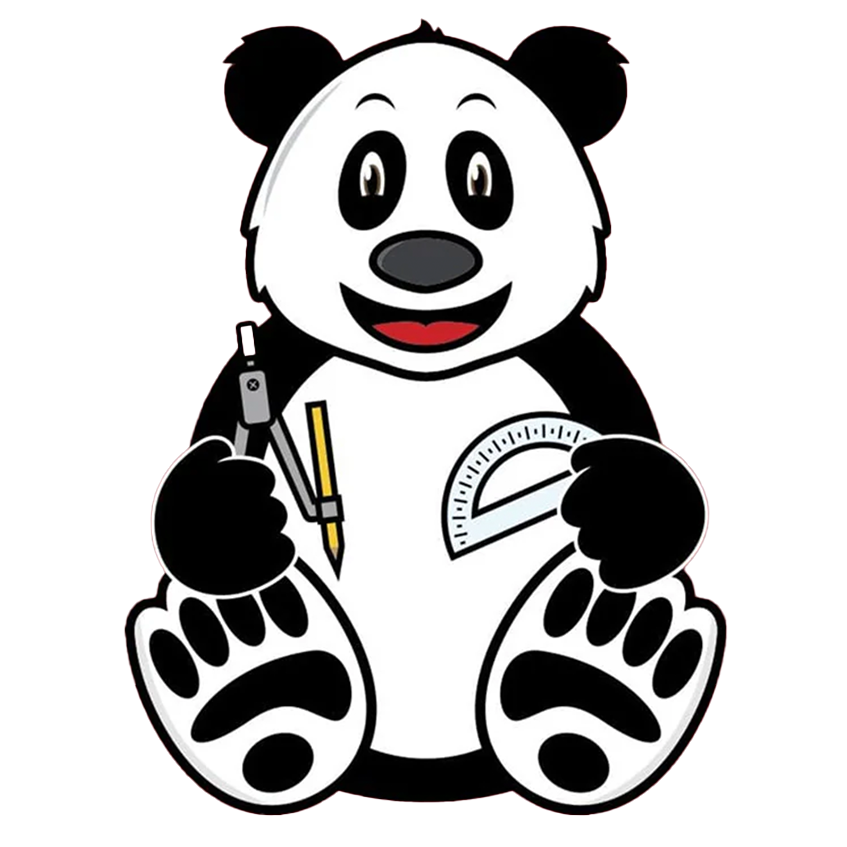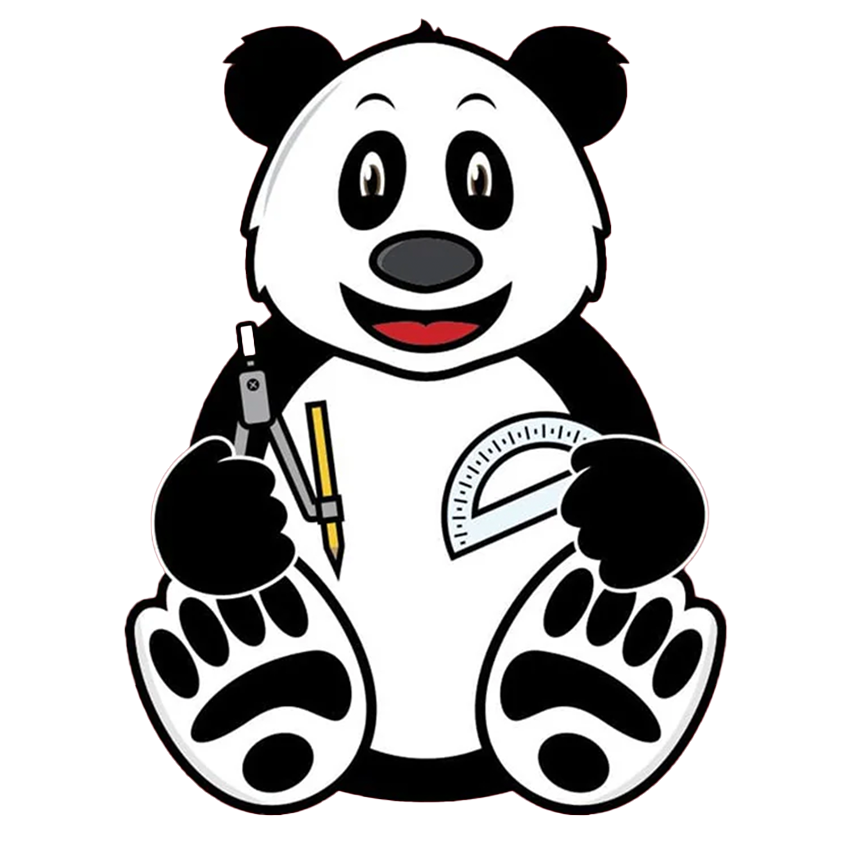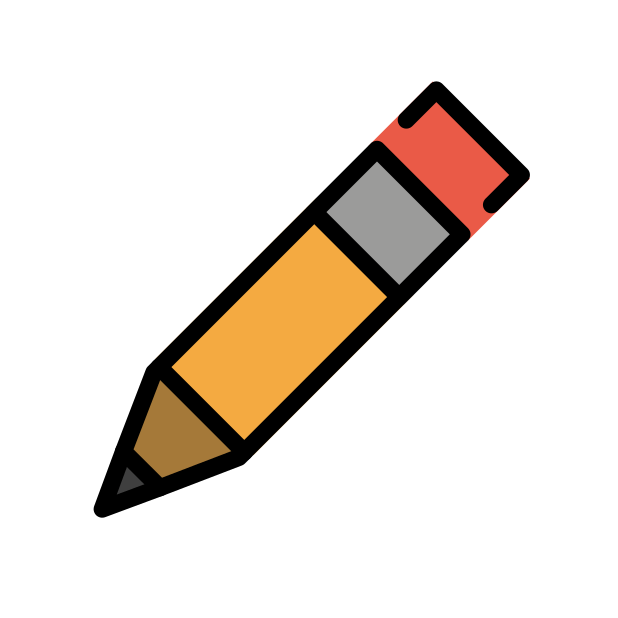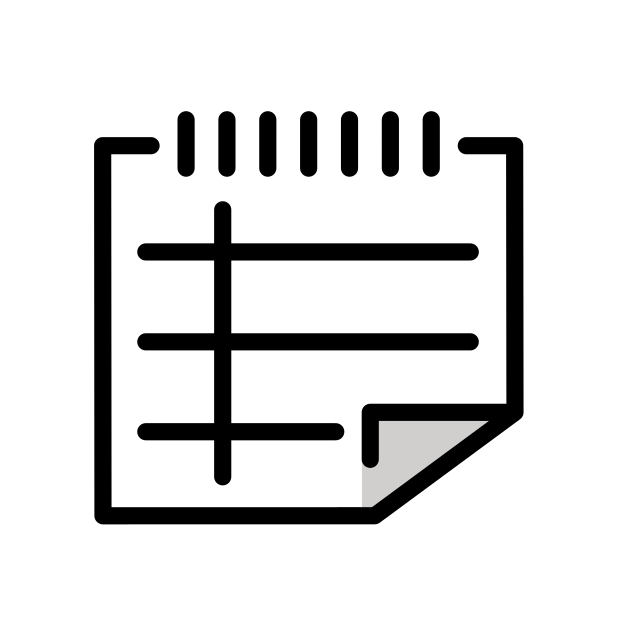Secular

Science Homeschool Curriculum Skills List | Secular Fifth Grade
Science concepts create the themes for some of the units within Fifth Grade Complete. The activities and experiments teach the grade-level skills in a fun and engaging way.
- Learn about important scientists.
- Develop an understanding of science and technology.
- Develop an understanding of the relationships among technologies and other fields of study.
- Develop the ability to apply a design process.
- Use a microscope to make observations.
- Apply the scientific method to a problem.
- Demonstrate problem-solving skills.
- Use simple logic to develop a strategy.
- Function within the restrictions and constraints of a project.
- Analyze and evaluate the effectiveness and success of a plan.
- Explore the world through observation and experimentation.
- Make predictions and draw conclusions based on patterns or evidence.
- Learn about the professions of a marine engineer and naval architect.
- Identify the parts of an insect.
- Understand the life cycle of an insect.
- Sing an insect song.
- Construct a model of an orb web.
- Learn about the body’s vital organs: brain, heart, kidneys, lungs, liver.
- Label the parts of the cerebral cortex.
- Label the four chambers of the heart and the blood path to and from the lungs.
- Label a diagram of the lungs.
- Learn the importance of blood donation.
- Locate a pulse.
- Calculate a heart rate.
- Use a stethoscope to listen to a heart beat.
- Understand the effect of exercise on the heart rate.
- Understand the function of a dialysis machine.
- Learn about living donation.
- Make a model of the lungs and diaphragm.
- Calculate a respiratory rate.
- Understand the effect of exercise on the respiratory rate.
- Determine how age and gender affect respiratory rate.
- Display information on a model.
- Learn about body systems: nervous, circulatory, respiratory, digestive, renal, integumentary, excretory, muscular, skeletal, immune.
- Label the parts of the renal system.
- Label the parts of the integumentary system.
- Identify the four major components of the digestive system.
- Make a device to measure tidal volume.
- Learn about and identify the parts of a cell.
- Draw a diagram and make a model of a cell.
- Complete a food consumption chart.
- Make a model of a muscle pair.
- Identify muscles of the body.
- Perform muscle stretches.
- Differentiate between living and non-living things.
- Classify living things.
- Learn about invertebrates: worms, sponges, cnidaria, echinoderm, mollusks, arthropods.
- Name the six sub-groups of invertebrates.
- Collect and observe worms.
- Identify the basic parts of a sponge.
- Make a lemon battery.
- Learn about raccoons and mountain lions.
- Understand that animals have instincts which help them survive.
- Understand that plants and animals progress through life cycles of birth, growth and development, reproduction, and death; the details of these life cycles are different for different organisms.
- Know that distinct environments support the life of different types of plants and animals.
- Understand how seeds grow.
- Understand the process of photosynthesis.
- Recall plant parts and functions.
- Classify objects.
- Make observations, and describe the weather.
- Understand how we should take care of the world.
- Understand the importance of healthy living.
- Recall the four food groups, and evaluate diet for good nutrition.
- Apply physics principles: potential and kinetic energy, inertia, force, friction.
- Observe and understand Newton’s Laws of Motion.
- Apply Newton’s Laws of Motion to the game of golf.
- Design a soap box car and racetrack.
- Learn about simple machines: inclined planes.
- Design a roller coaster using inclined planes.
- Recognize the characteristics and habitats of various types of animals.
- Understand the process of a hydrologic cycle.
- Make a terrarium to demonstrate the process of the water cycle.
- Demonstrate evaporation.
- Compare the density of fresh water and salt water.
- Demonstrate the moon’s phases.
- Learn about epilepsy.
- Learn about multiple sclerosis.
- Learn about SONAR and echolocation.
- Develop a model to represent a scientific principle.
- Build a Rube Goldberg machine.
- Use the scientific method to learn about magnets.
- Identify the independent, dependent, and control variables in an experiment.
- Conduct an experiment with magnets.
- Create a magnet by rubbing an item with a strong magnet.
- Demagnetize a magnet using force and heat.
- Apply a magnetic principle: like poles repel.
- Build an electromagnet.
- Use the scientific procedure to determine how control variables affect the strength of an electromagnet.
- Understand that Earth has a magnetic field that protects us.
- Research to discover which animals have an internal compass.
- Design an experiment to determine if the poles of an electromagnet can be reversed.
- Understand the potential danger of tornadoes.
- Demonstrate a tornado.
- Learn about the Hoover Dam and hydroelectric power.
- Label a diagram of a hydroelectric power plant.
- Apply the principle of buoyancy.
- Gain awareness of firesafe behavior and wildfire prevention.
- Understand when wildland fires are beneficial and when they are damaging.
- Learn the history behind the Smokey Bear public awareness campaign.
- Use data to determine the origin of a fire.
- List the colors in a rainbow in the correct order.

What Makes Our Curriculum Stand Out?
We are proud to offer an all-in-one solution! No need to piece together resources from different places. Our curriculum provides fully-planned lessons that cover all subjects, ensuring a well-rounded education. It also includes step-by-step instructions for teaching your child!

 Language Arts
Language Arts
 Mathematics
Mathematics
 Social Studies
Social Studies
 Science
Science
 Physical Development & Fitness
Physical Development & Fitness
 Art
Art
 Music
Music
 Character Development
Character Development


